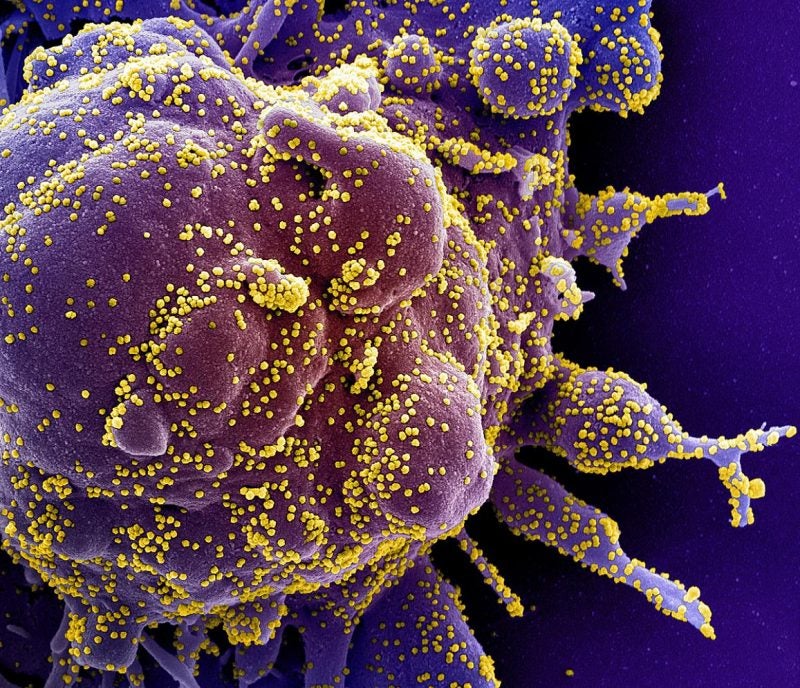
The National Institutes of Health (NIH) has launched a Phase II clinical trial to evaluate a third dose of an authorised Covid-19 vaccine in kidney transplant recipients who were unresponsive to the first two doses of the Moderna or Pfizer-BioNTech shots.
Named COVID Protection After Transplant (CPAT), the trial is sponsored and funded by the NIH unit National Institute of Allergy and Infectious Diseases (NIAID).

Discover B2B Marketing That Performs
Combine business intelligence and editorial excellence to reach engaged professionals across 36 leading media platforms.
Being carried out at Johns Hopkins University in Baltimore, US, the trial will enrol up to 200 adult subjects aged 18 years and above who had a kidney transplant at least a year before enrolment.
The participants will also have had no fresh organ rejection or immunosuppression changes.
All the subjects will be given a third dose of the same Covid-19 messenger ribonucleic acid (mRNA) vaccine that was administered earlier.
The trial aims to evaluate the proportion of subjects achieving a specified antibody response at 30 days after vaccination with the third dose.

US Tariffs are shifting - will you react or anticipate?
Don’t let policy changes catch you off guard. Stay proactive with real-time data and expert analysis.
By GlobalDataFurthermore, the trial plans to detect the characteristics that could aid in differentiating kidney transplant patients who would benefit from the third shot from those who will need another intervention to attain protection.
NIH noted that the subjects will be followed up for one year after enrolment with initial data anticipated next month.
Findings from the trial will inform a succeeding larger trial to analyse increased-risk strategies to generate a protective immune response to Covid-19 in solid organ transplant recipients who were unresponsive to the third dose, NIH added.
Organ transplant recipients take immunosuppressive treatment throughout their life to avert organ rejection, which reduces their immune response to pathogens and vaccines.
The trial chose the third vaccine dose strategy as a two-dose regimen showed safety in solid organ transplant recipients and the efficacy of further doses of other vaccines for diseases, including hepatitis and influenza, in immunocompromised individuals.





